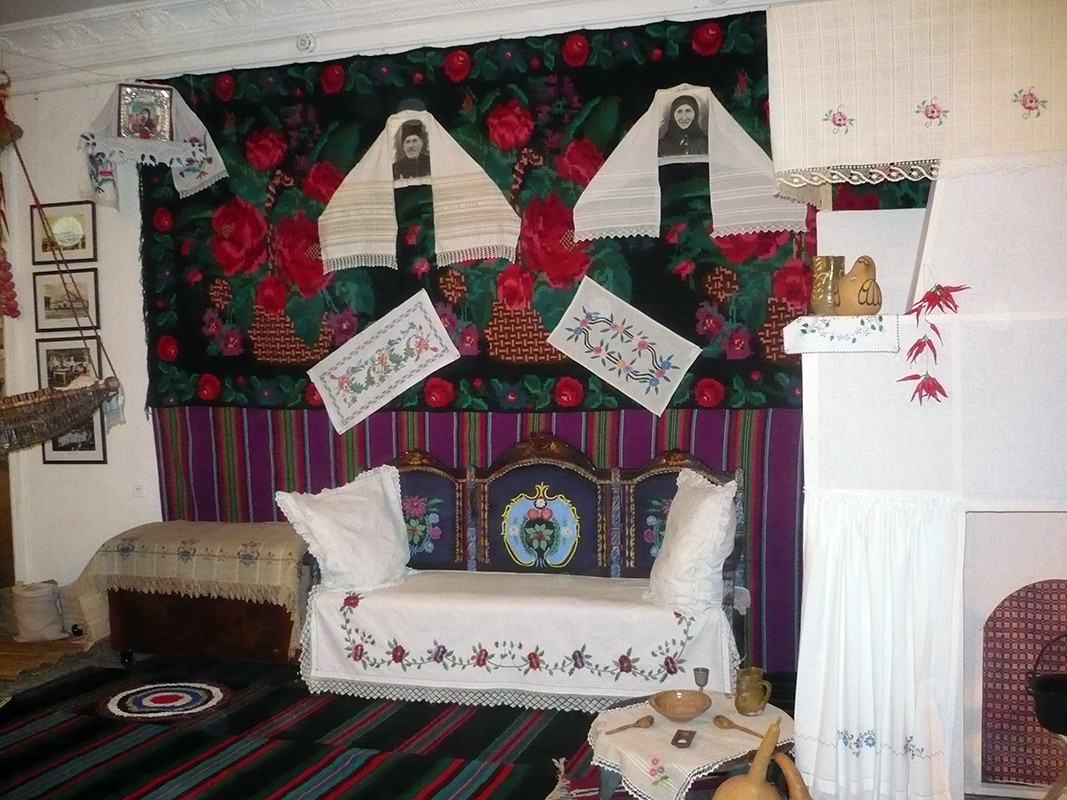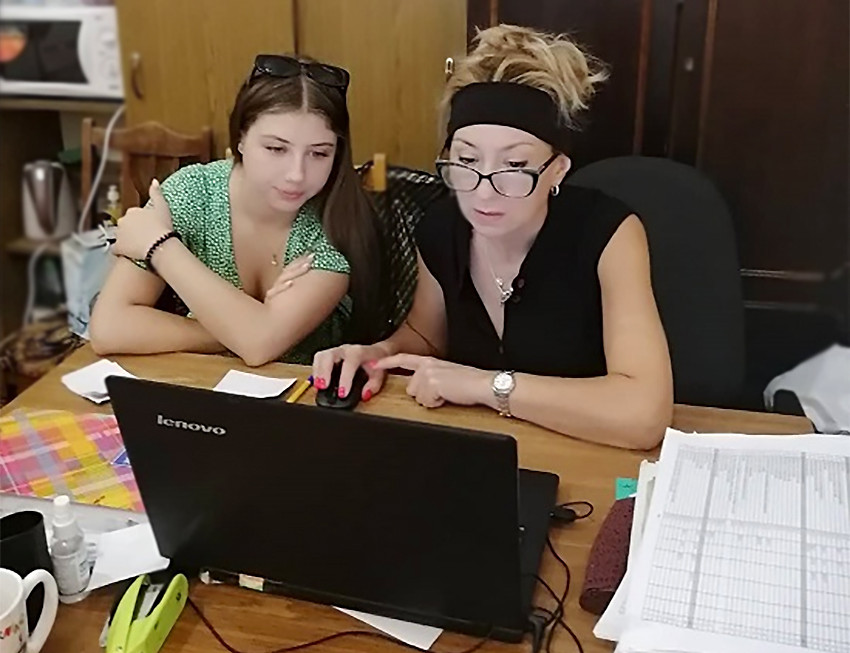The Ukrainian city of Bolhrad, or the capital of the Bessarabian Bulgarians, as it is known, takes its name from the Bulgarian words "bol" - abundance, and "grad" - city.
On August 25, the city will mark the 201st anniversary of its founding. It will be as festive as ever, though not with the traditional pomp and flare on the square, as mass events are forbidden on 23, 24 and 25 August due to war conditions in the Odessa region. This is what Galina Ivanova, director of the Regional Center for Bulgarian Culture in Bolhrad, told Radio Bulgaria in an interview:
"It was decided that the celebration would be organised in locations and with fewer people. For example, a location for "Balkan dishes", a spot for home-made cheese, a venue for concert programs... The events will be scattered throughout the city. We have prepared an ethnographic exhibition entitled "Bessarabian Motifs" where we will present various traditional Bessarabian peshkiri (cloth towels), embroideries. It will be very interesting."
Some 15 thousand people live permanently in Bolgrad, according to Galina Ivanova. But since the beginning of the war more than 6,000 people have arrived there from Kharkiv, Kherson, Odessa, etc., as part of the so-called internal migration.
How do the Bessarabian Bulgarians live in Bolgrad today? At the moment the city is away from the hostilities.
"It's quiet here for now. And thank God! We hope it will continue to be so. But a lot of people are currently unemployed because of the war, living on state benefits. Now, before the start of the school year, people are thinking about whether children should attend school, whether schools have places where children can hide in case of danger. Food prices, fuel prices have gone up. Life has changed. It became more complicated. Thank God, we are safe and we are in our houses."
It is summer now. The students fresh out of high school are making plans to continue their education and many of them dream of doing so in their ancestral homeland - Bulgaria. At the moment, the graduates are waiting for the results of the second admissions selection, and there will be a third one.

There are more people willing to study in Bulgarian universities than ever before - both because of the war situation and because of the opportunities provided by the Bulgarian state. "The quota for Ukraine and Moldova is 1,000 places, which is much more than in previous years," says Galina Ivanova. Some of the young people turn to the Bulgarian Centre for help in submitting their documents. We asked its director which professions he sees this year's applicants aiming for.
"This I cannot say for sure, since students are supposed to self-register on the platform. But I can tell for those kids who have come to us for help. They choose, of course, medicine, but also tourism, sports and computer technology" - summarized Galina Ivanova.
Happy feast to Bolhrad and our Bulgarian compatriots there!
English version: Elizabeth Radkova
Photos: Regional Center for Bulgarian Culture in Bolhrad, bolgradsovet.com.ua, glaspress.rs
The town of Elena, Veliko Tarnovo region, will welcome thousands of guests for the Feast of the Elena pork leg meat delicacy . Balkan masters will demonstrate their culinary art on Saturday and Sunday, BNR correspondent Zdravka Maslyankova reported...
The international wine festival "Bolgrad Wine Fest" is opening today in the unofficial capital of ethnic Bulgarians in Ukraine - Bolgrad. The two-day event will be held at the Center for Culture and Recreation. For the first time, within the..
The 33rd Bulgarian polar expedition is heading to Antarctica to continue its scientific research in cooperation with scientists from different countries. For the first time, travelers from two Balkan countries - Greece and Montenegro, as well as from..
The Varna Regional Library "Pencho Slaveykov" has acquired a humanoid robot. It was unveiled by the library's director, Radka Kalcheva, during the..

+359 2 9336 661
